Copyright Infringement and Studio 60
By Tamera H. Bennett How often do scripts for television shows use the topic of copyright infringement for a plot line?
Just this Fall “Studio 60 on the Sunset Strip” built a story line around a piece of comic material used in the fictional television show which, after the live broadcast of the skit, it is determined the material was “stolen” from another comic who is not under contract to the network. After a few rounds of the network trying to do the “right thing,” it is determined the material was actually written by someone who was under contract with the network when the material was created. Although never mentioned, one could assume it was a work for hire.
Now, travel back in time with me to 1979 and those funny teenagers on “What’s Happening?” Who remembers the episode where Rerun is caught making a bootleg recording of a Doobie Brother’s concert?
So, tell me about some other television episodes that have had “copyright infringement” as plot.
To make this seem like a legal blog, which it is, here is a look at the definitions of piracy from the RIAA:
"Piracy" generally refers to the illegal duplication and distribution of sound recordings. There are four specific categories of music piracy: • Pirate recordings are the unauthorized duplication of only the sound of legitimate recordings, as opposed to all the packaging, i.e. the original art, label, title, sequencing, combination of titles etc. This includes mixed tapes and compilation CDs featuring one or more artists. • Counterfeit recordings are unauthorized recordings of the prerecorded sound as well as the unauthorized duplication of original artwork, label, trademark and packaging. • Bootleg recordings (or underground recordings) are the unauthorized recordings of live concerts, or musical broadcasts on radio or television. • Online piracy is the unauthorized uploading of a copyrighted sound recording and making it available to the public, or downloading a sound recording from an Internet site, even if the recording isn't resold. Online piracy may now also include certain uses of "streaming" technologies from the Internet.
The U.S. Copyright Act was amended in 1972 to allow for protection of sound recording copyrights. Sound recordings fixed on or after February 12, 1972 are controlled by the U.S. Copyright Act. Sound recordings fixed prior to that date are controlled by state law.
